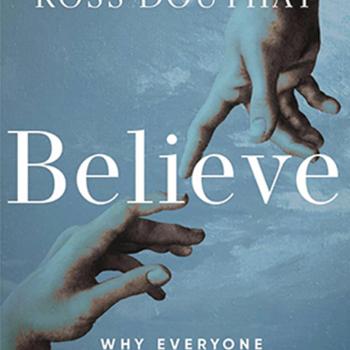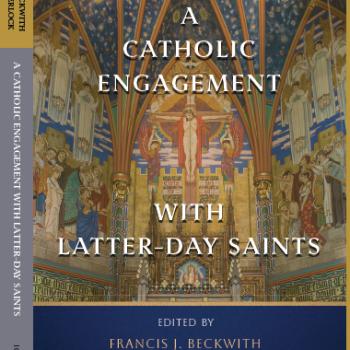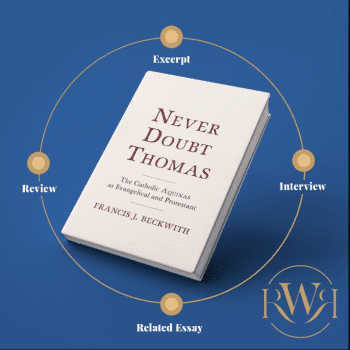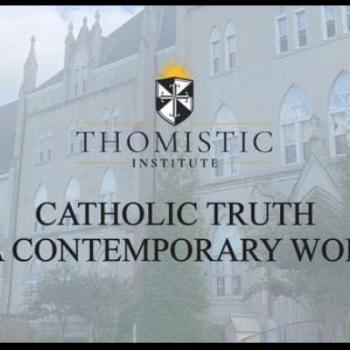That’s the title of my latest column over at The Catholic Thing. Here’s how it begins:
This past Tuesday, September 13, I taught my first RCIA class, offered at St. Peter’s Catholic Student Center at Baylor University. Although I have been teaching philosophy to college students for twenty-five years, I was a bit nervous. Thankfully, I have a minor role in the class, leading only one session this semester with perhaps another one or two in the Spring. Our RCIA team consists of several seasoned parishioners, with St. Peter’s gifted pastor, Fr. Anthony Odiong, overseeing the entire enterprise.
I spoke on the topic of Revelation, Sacred Tradition, and the Magisterium, focusing on how I came to accept the Catholic understanding of this subject in my own journey from Evangelicalism and back to the Church. (I am a revert).
As a Christian philosopher I had always had a keen interest in how faith and reason interact and what that means for both the life of the mind and our walk with Christ. Although I had read many books and articles on these matters by both Catholics and Protestants, the ones that seemed most sensible to me were those that I would later learn were more “Catholic” than “Protestant” in spirit and approach.
So, even though I was an Evangelical, I read with great interest John Paul II’s encyclical, Fides et Ratio: On Faith and Reason soon after it was released in September 1998. After reading it, I concluded that the most important lessons that Evangelicals can learn from this document were the pope’s insights on how certain philosophies will, because of their own internal logic, undermine confidence in the truth of the Gospel message.












